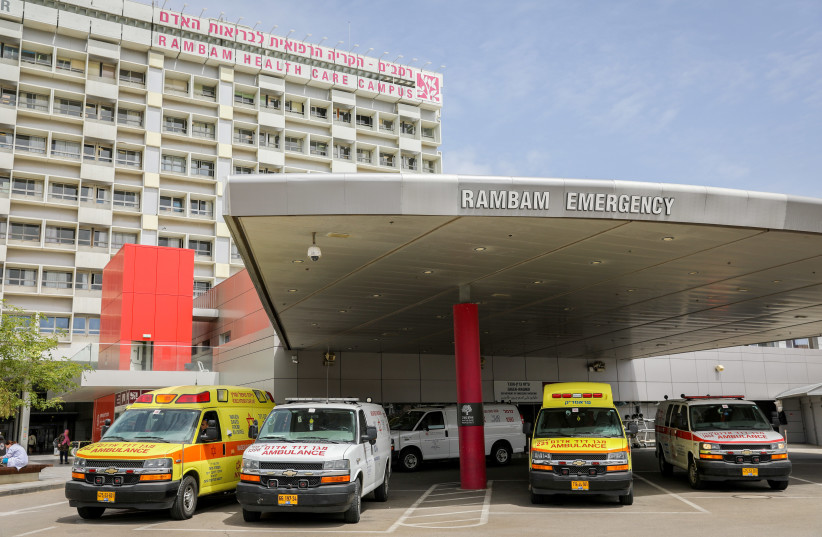The Health Ministry is ceasing to hold hospitals accountable for mental health services, which is the highlight of the draft law published on Monday by the Health Ministry and the Finance Ministry.
The draft, which will be presented for Knesset approval, aims to reduce the burden on hospitals and communities while improving the services provided to patients, regardless of hospital occupancy rates and compensation for them.
This change involves transferring tens of millions of shekels from a total budget of 1.4 billion shekels allocated for mental health in the past year, which will be distributed to psychiatric hospitals and health funds.
According to the draft, 16 dedicated trauma treatment clinics are also expected to open. Health funds are expected to use the budget to develop community frameworks such as balancing homes, day treatments, and psychiatric urgent care centers, which will help alleviate the burden on hospitals by encouraging health funds to take a larger role in the mental health system.
Additionally, as stated in the arrangements law to be submitted for Knesset approval soon, the Ministry of Health is working to transfer psychiatric hospitals to the responsibility of general hospitals. Sha'ar Menashe Hospital will merge with Hillel Yaffe Medical Center, Tirat Carmel Hospital will merge with Rambam Health Care Campus, Mitzor Hospital with Tzafon Medical Center, and Galil Nahariya.

Health Minister Uriel Busso welcomed the initiative, stating, "In the past year, we have developed an unprecedented national mental health program at the Ministry, with significant efforts, and we are now implementing it meticulously. A central part of the program focuses on significantly strengthening community-based services while upgrading the psychiatric hospitalization system in hospitals.
Law to enhance community mental health services
“Changing the accountability mechanisms between health funds and psychiatric institutions is an important step in transferring the focus to the community, creating a continuum of care and appropriate frameworks for every patient, as well as improving hospitalization conditions and the quality of services provided in the field,” he added.
Concerning the draft, Busso added, "The law we seek to promote ensures that the psychiatric system is managed in a financially responsible and efficient manner while guaranteeing the continued development of advanced services and responses to changing needs in the system. I want to thank the Finance Minister and his staff for their support and assistance in advancing the system, and my office staff who work day and night to bring about a historic change in the public mental health system."
The Health Ministry’s Director-General, Moshe Bar Siman Tov, added, "The draft has one purpose: to ensure that health funds and psychiatric hospitals provide the best possible treatment to individuals in need of mental health assistance at the time they need it, without being influenced by economic considerations.
“The program is based on a model we created in internal medicine departments, which has led to better treatment, decreased occupancy rates, and the development of therapeutic alternatives in the community. We believe the same will happen in the psychiatric system. The connection with general hospitals is intended to leverage the general system's excellence to benefit mental health. We know that the separation between body and mind is artificial,” he stressed.
